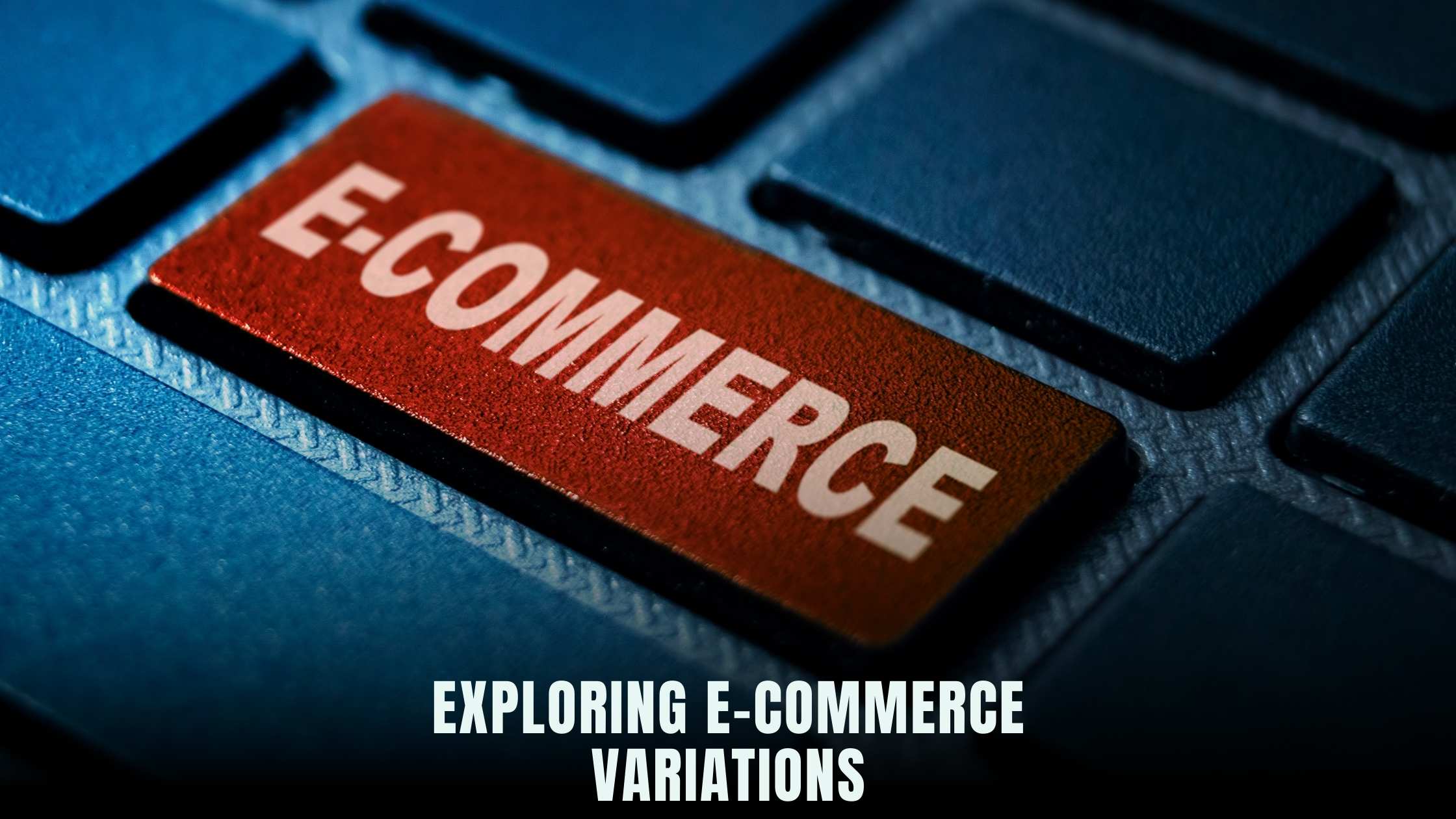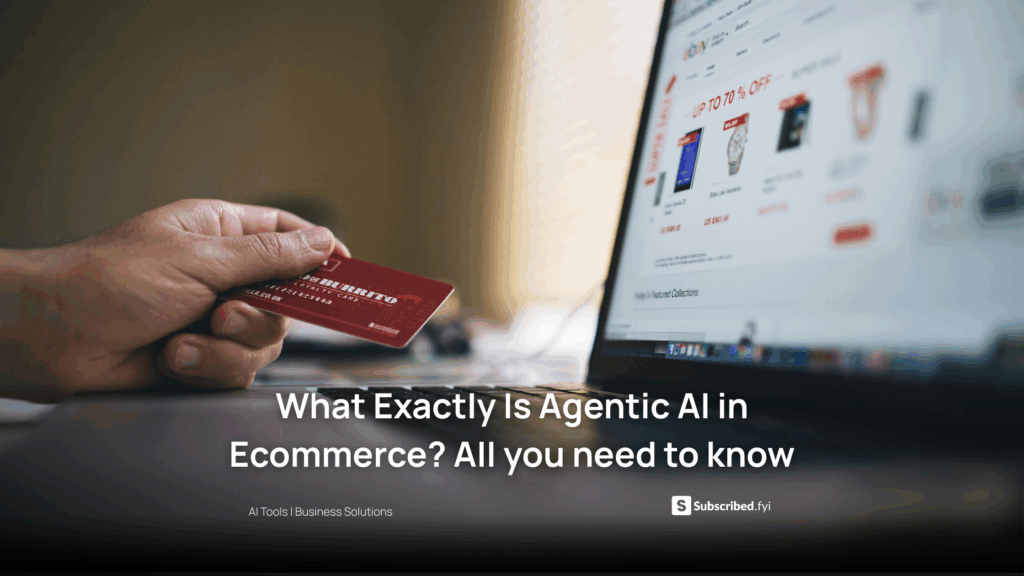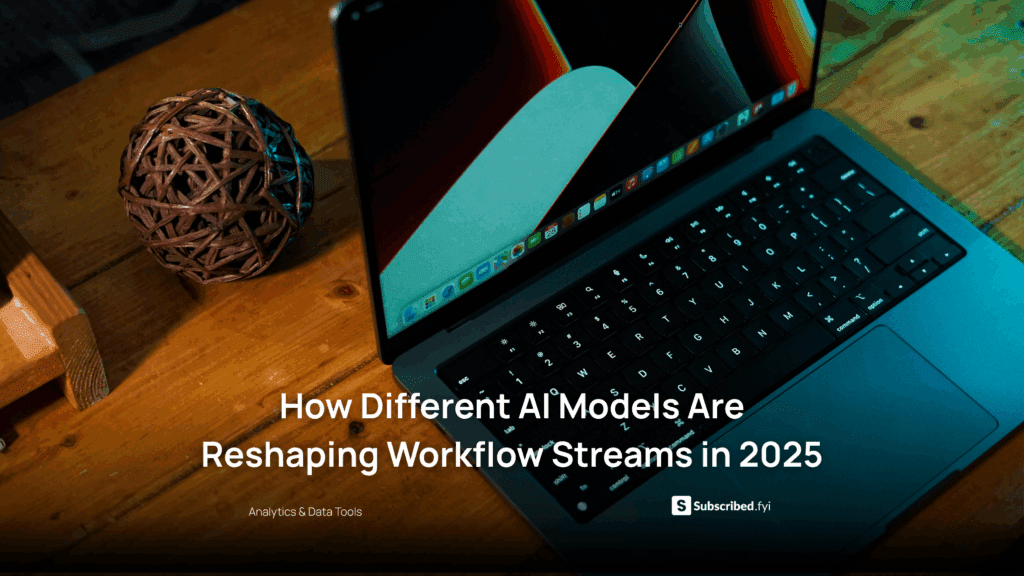Six Types of E-commerce: Understanding Diverse Models


Six Types of E-commerce: Understanding Diverse Models
In the rapidly evolving landscape of online commerce, businesses employ various models to reach consumers and facilitate transactions. Understanding the different types of e-commerce is essential for entrepreneurs and marketers seeking to capitalize on digital opportunities. In this comprehensive guide, we’ll explore six distinct types of e-commerce models, shedding light on their characteristics, advantages, and relevance in today’s market.
Introduction to E-commerce Models
E-commerce, or electronic commerce, refers to the buying and selling of goods and services over the internet. This broad term encompasses several business models, each catering to specific needs and preferences of consumers and businesses alike. Let’s delve into the six primary types of e-commerce models:
1. Business-to-Consumer (B2C)
Business-to-consumer e-commerce involves transactions between businesses and individual consumers. In this model, businesses sell products or services directly to end-users through online platforms. Examples include online retail stores, digital marketplaces, and subscription-based services like streaming platforms.
2. Business-to-Business (B2B)
Business-to-business e-commerce focuses on transactions between businesses. In this model, companies buy and sell goods or services to other businesses through online channels. B2B e-commerce platforms facilitate transactions such as wholesale purchases, procurement of raw materials, and supply chain management solutions.
3. Consumer-to-Consumer (C2C)
Consumer-to-consumer e-commerce enables individuals to buy and sell products or services directly to other consumers through online platforms. This model often involves third-party marketplaces where individuals can list items for sale or purchase from other users. Examples include online auction sites, peer-to-peer marketplaces, and classified ad platforms.
4. Consumer-to-Business (C2B)
Consumer-to-business e-commerce occurs when individuals offer products or services to businesses. In this model, individuals act as suppliers or service providers, offering their expertise, creative work, or products for businesses to purchase. Examples include freelance marketplaces, influencer marketing platforms, and crowdsourcing services.
5. Business-to-Administration (B2A)
Business-to-administration e-commerce involves transactions between businesses and governmental or administrative entities. In this model, businesses provide goods or services to government agencies, public institutions, or administrative bodies through online platforms. Examples include e-procurement portals, government contracting platforms, and online licensing services.
6. Consumer-to-Administration (C2A)
Consumer-to-administration e-commerce encompasses transactions between individual consumers and governmental or administrative entities. In this model, consumers interact with government agencies or public services through online channels to obtain information, make payments, or access services. Examples include online tax filing platforms, government portals for citizen services, and online permit applications.
Relevant SaaS Products for E-commerce Solutions
In addition to understanding e-commerce models, leveraging SaaS products can streamline operations and enhance the efficiency of online businesses. Here are some notable SaaS solutions tailored to various aspects of e-commerce:
1. Shopify
- Shopify – Shopify is a leading e-commerce platform that enables businesses to create online stores and sell products online. It offers a user-friendly interface, customizable templates, and integrated payment solutions to streamline the e-commerce process.
2. WooCommerce
- WooCommerce – WooCommerce is a customizable e-commerce plugin for WordPress websites. It allows businesses to build online stores, manage inventory, and process transactions seamlessly within the WordPress ecosystem.
3. BigCommerce
- BigCommerce – BigCommerce is a comprehensive e-commerce platform designed for scalability and growth. It offers robust features for building and managing online stores, including multi-channel selling, inventory management, and marketing tools.
4. Magento
- Magento – Magento is an open-source e-commerce platform known for its flexibility and customization capabilities. It provides merchants with a range of features for creating unique online shopping experiences, including advanced product management and third-party integrations.
5. Square Online
- Square Online – Square Online is an e-commerce solution offered by Square, known for its point-of-sale systems. It allows businesses to set up online stores quickly, accept online payments, and manage orders seamlessly alongside in-person sales.
Leveraging Subscribed.FYI Deals for E-commerce Solutions
For entrepreneurs and businesses seeking to optimize their e-commerce operations, Subscribed.FYI offers exclusive deals and discounts on a variety of SaaS tools tailored to e-commerce needs. By accessing these deals, users can unlock savings on essential e-commerce solutions, such as website builders, marketing platforms, and payment gateways, empowering them to scale their online businesses efficiently.
Relevant Product Links:





